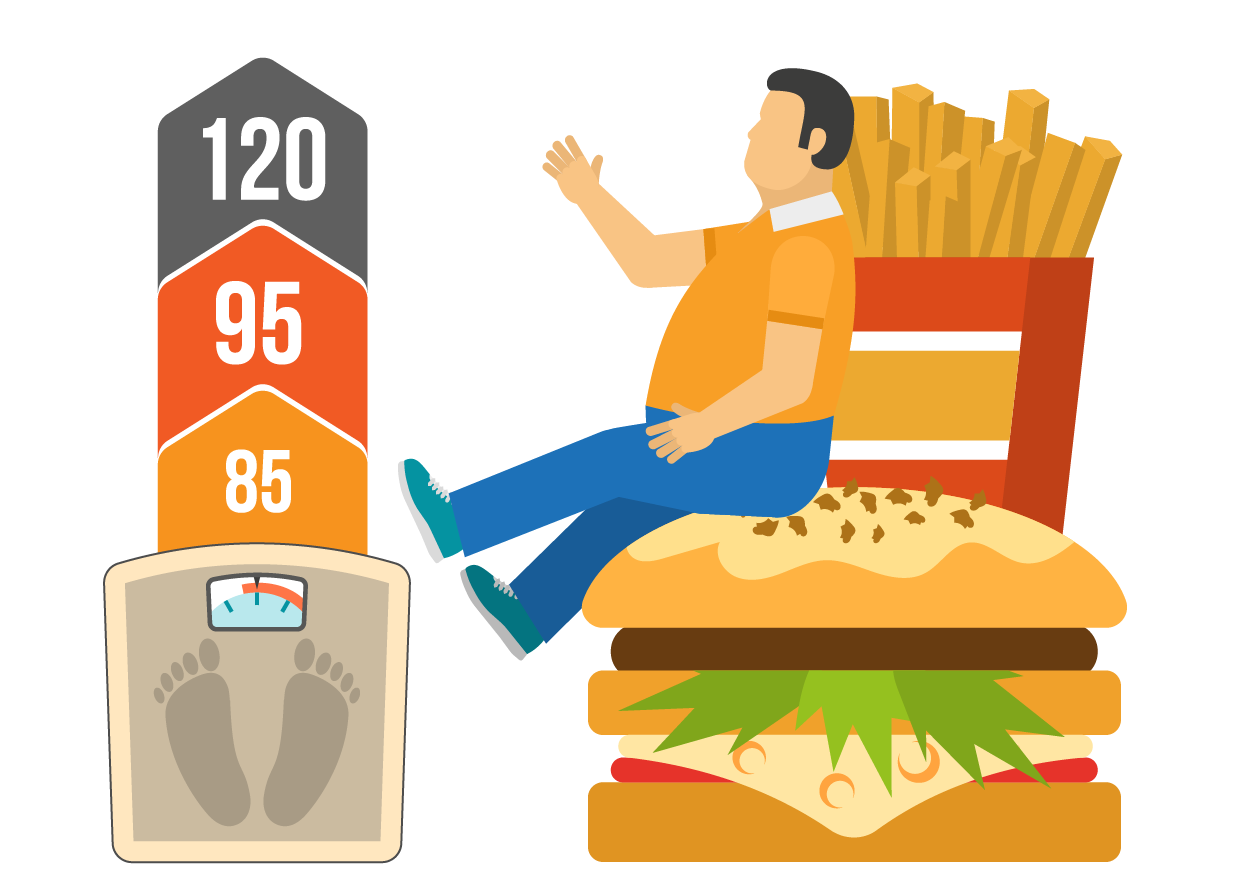“Obesity is a major public health and economic problem of global significance”, says South African Society for Surgery, Obesity and Metabolism (SASSO). The epidemic of obesity is now recognized as one of the most important public health problems facing the world today. Adult obesity is more common globally than under-nutrition, adds the Society.
Obesity is also one of many underlying diseases that were identified amongst COVID-19 patients deaths in the Western Cape amongst multiple ages. However, it was higher among those aged 40 to 49 years.
Obesity leads to many health risks and diseases including: – Diabetes, hypertension, heart, lung, and kidney disease.
Frequently Asked Questions about Obesity
What is obesity?
Obesity is a medical condition described as excess body weight in the form of fat. It can lead to severe health problems.
What causes obesity?
Obesity is caused by an energy imbalance; when the intake of calories is more than what the body uses for energy. The extra or surplus energy is stored as body weight. Other common reasons include:
- When a person eats a lot of energy-intense foods that are high in fat, salt and sugars but low in vitamins and minerals.
- A lack of physical activity either in the form of exercise
What about Obesity in Children?
Childhood obesity is already common in many countries
How is obesity measured?
The most widely-used method of measuring and identifying obesity is Body Mass Index (BMI).
SASSO recommends this online BMI calculator: http://www.calculator.net/bmi-calculator.html
Source: South African Society for Surgery, Obesity and Metabolism (SASSO).









